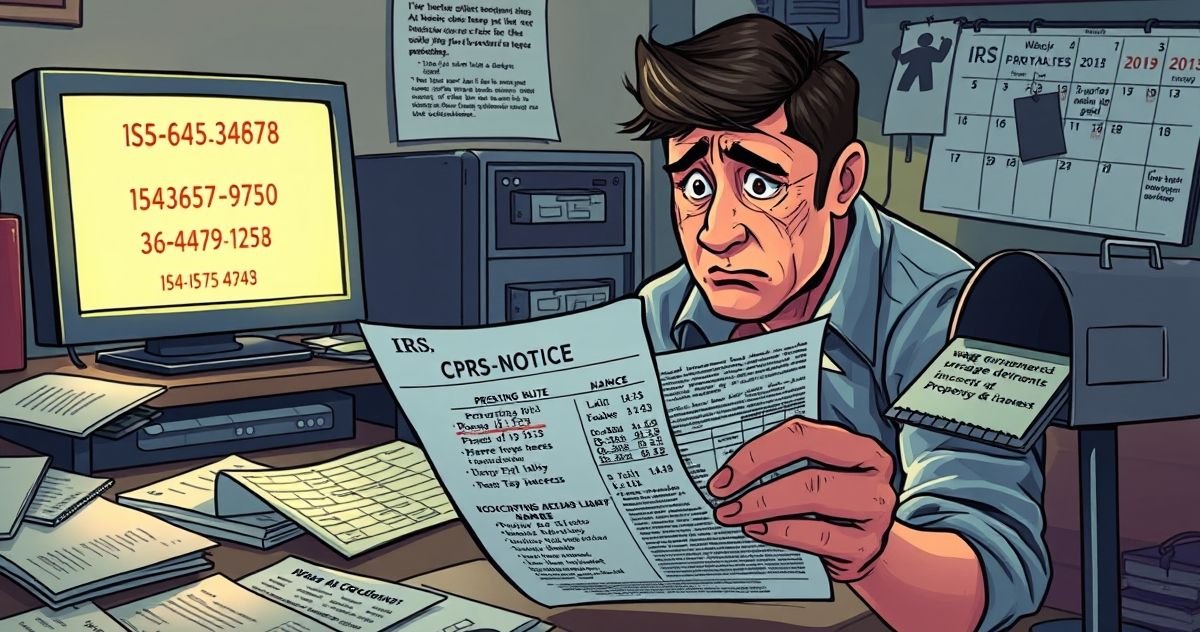Understanding the CP504AH Notice
The CP504AH Notice is an official communication from the Internal Revenue Service (IRS) directed to taxpayers who have failed to resolve their overdue tax liabilities. This notice serves as a crucial warning that taxpayers are at risk of facing collections actions if they do not promptly address the outstanding debt. Recognizing the particulars of this notice is essential for avoiding additional penalization and, potentially, severe financial repercussions.
Purpose of the CP504AH Notice
The primary goal of the CP504AH Notice is to alert taxpayers of the serious consequences that stem from neglecting past-due taxes. This notice indicates that the IRS has assessed and confirmed an existing tax debt that remains unresolved from previous notices, leading to this more urgent communication. The CP504AH aims to spur the taxpayer into action, either by settling the debt in full or by making arrangements to pay.
Key Features of the CP504AH Notice
- Outstanding Amount: The notice details the amount due, including any accrued interest and penalties since the initial assessment.
- Urgency: It communicates the pressing need to pay the outstanding tax liability to avoid further action.
- Collection Warning: It explicitly warns taxpayers of potential collection actions, such as levies or liens against property, if the balance remains unpaid.
Compliance Requirements
Taxpayers receiving a CP504AH Notice must respond promptly to avoid further escalation. Compliance involves either paying the full amount displayed on the notice by the specified due date or contacting the IRS to discuss alternative payment arrangements, such as installment agreements. Ignoring this notice or failing to meet compliance requirements can result in further action, significantly impacting one’s financial stability.
Penalties and Consequences for Non-Compliance
Non-compliance with a CP504AH Notice is subject to various penalties and potential escalation of collections actions. Failing to remit payment or arrange a payment plan can lead to:
- Increased Penalties and Interest: Additional interest charges and penalties will continue to accrue on the unpaid balance, increasing the overall debt.
- Levy Actions: The IRS may initiate levy actions on assets, such as wages or bank accounts, to recoup the owed amount.
- Property Liens: A lien may be placed against properties owned by the taxpayer, affecting their credit and future borrowing capacity.
Importance of the CP504AH Notice
The CP504AH Notice is significant for maintaining financial compliance and averting severe repercussions. It represents one of the final opportunities to resolve tax debts before the IRS takes aggressive measures. Taxpayers should view the notice as a critical call to action, emphasizing the importance of immediate resolution. Effective management of this notice can help prevent the substantial financial burden associated with IRS enforcement activities.
Conclusion
Dealing with a CP504AH Notice requires timely attention and action. By understanding its components and taking appropriate steps toward compliance, taxpayers can mitigate further penalties and collections efforts. Engaging with IRS notices proactively not only helps in settling outstanding debts but also ensures smoother financial interactions with the IRS in the future. Taxpayers must prioritize responding to such notifications to maintain healthy financial credibility and avoid burdensome penalties.



